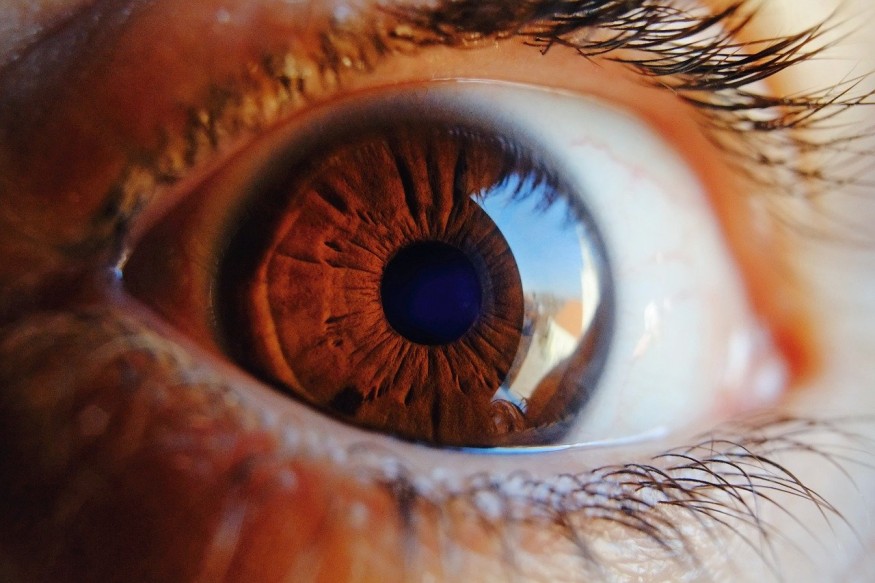Scientists from the University of Leeds have developed a deep learning algorithm, which is an artificial intelligence (AI) system that can be trained on large data to identify specific patterns, analyze the retina of patients who come for a routine eye checkup and spot who among them have a higher risk of a heart attack.
They said that changes in the tiny blood vessels in the retina are markers for a vascular disease, which includes heart problems. The team used AI to automatically read retinal scans and identify those likely to suffer a heart attack in the following year.

Teaching the AI System to Identify Who Are At High Risk
In the new paper, titled "Predicting Myocardial Infarction Through Retinal Scans and Minimal Personal Information," published in Nature Machine Intelligence, researchers reported that their new tool offers a quick, non-invasive, and reliable way to predict the risk of future heart attack with an accuracy of 70%.
"The AI system has the potential to identify individuals attending routine eye screening who are at higher future risk of cardiovascular disease, whereby preventative treatments could be started earlier to prevent premature cardiovascular disease," cardiovascular medicine Professor Chris Gale said in a news release.
Researchers used the retinal scans and cardiac scans data of 5,663 people from the UK Biobank database analyzed by computer software to build the AI system. It was programmed to link the variations seen in the retinal scans with the variations in the cardiac scans.
The training enabled the AI to identify the patterns that emerged from comparing the two datasets and was now ready to correlate heart health from the tiny blood vessels found in the retina, Science Alert reported. The AI is programmed to specifically look at the size and pumping efficiency of the heart's left ventricle, which is linked to increased risk of heart disease by previous studies.
Sven Plein, a professor of cardiovascular imaging, said that the new AI system is a tool that will uncover the complex patterns that exist in nature, particularly how changes in the retina are linked to changes in heart health.
ALSO READ : Broken Heart Syndrome Is on the Rise Since Before the Pandemic Especially Among Middle-Aged, Older Women
Revolutionizing Screening Process of Heart Disease
Professor Alex Frangi, who supervised the research, said that cardiovascular diseases are the leading cause of premature death globally and the second-largest killer in the UK. The new AI technique opens a new possibility of revolutionizing the screening and detecting those who might have a heart attack, Science Daily reported.
Frangi added that retinal scans are cheap and routinely administered in many optical practices. Using it as a screening method is ideal because anyone at high risk will be referred to specialist cardiac services. More so, the scans can be used to track early signs of heart disease.
Professor Gale once again emphasized the importance of the AI system as a potential tool that identifies individuals having their routine eye checkup who are at higher risk of cardiovascular disease. In that way, preventive measures or treatments could be implemented earlier to prevent the worst-case scenario of having the disease.
RELATED ARTICLE : Changes in Heart Size Could Affect Memory and Thinking Abilities in Middle Age, Study Suggests
Check out more news and information on Heart Health in Science Times.












